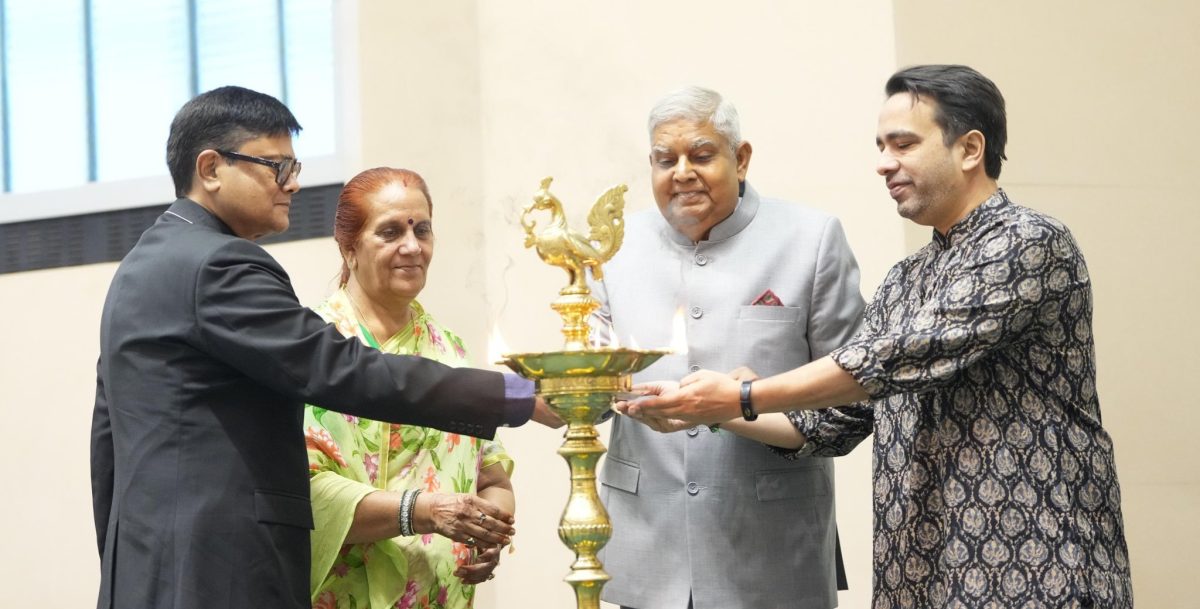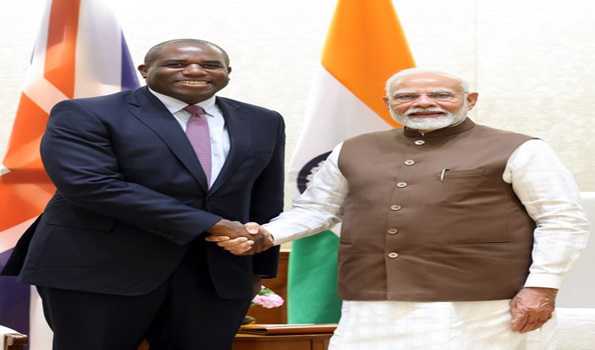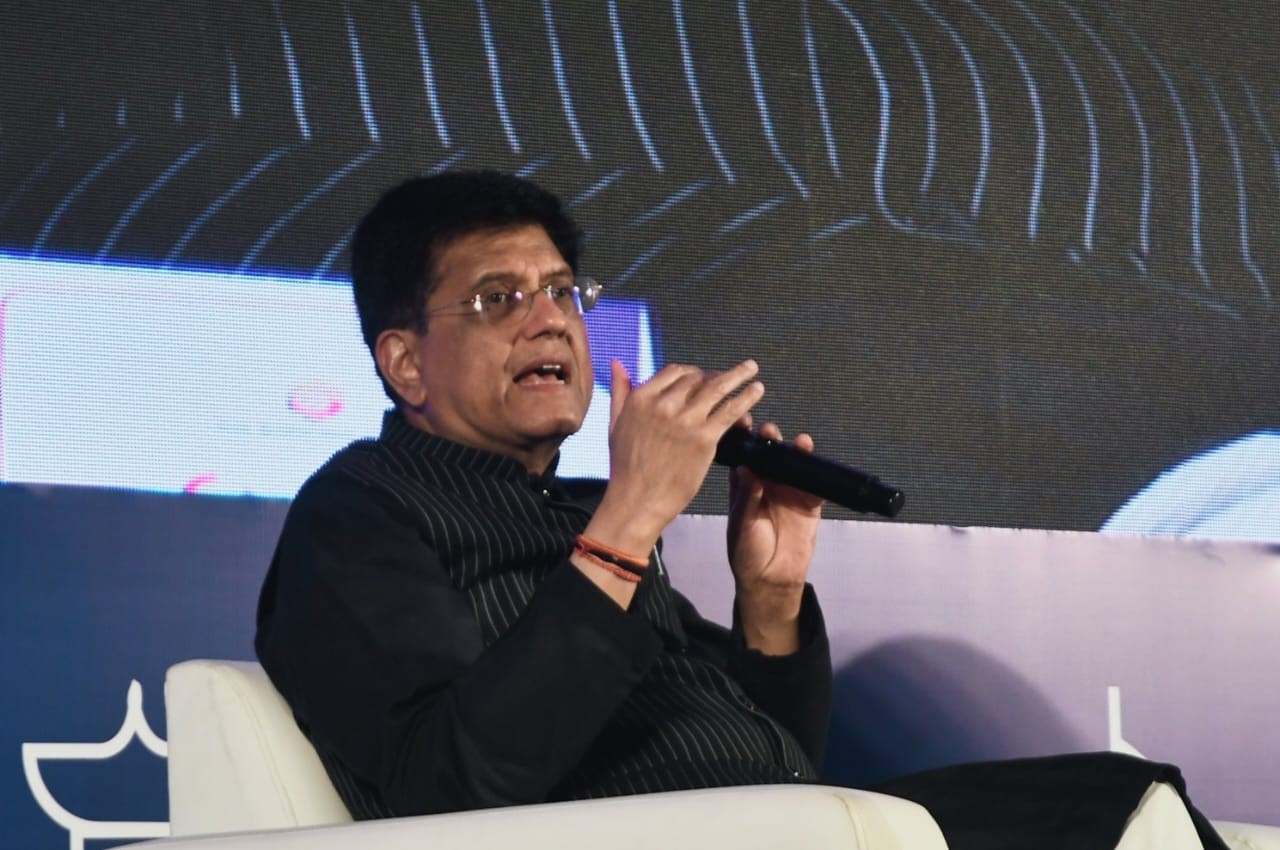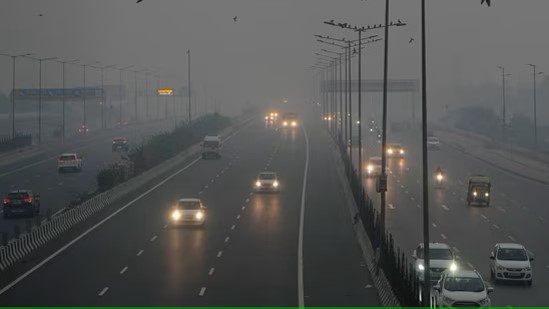The Vice-President of India, Jagdeep Dhankhar, has called for a significant change in male attitudes and broader gender awareness to achieve true gender justice. Speaking at the “SheShakti2024” event on women’s empowerment in New Delhi, Dhankhar stressed that subtle gender discrimination still persists despite visible progress, which remains a critical challenge. He emphasized that while overt gender bias is easier to resist, subtle forms of discrimination are harder to identify and combat, making them more dangerous. He called for a transformation in the male mindset to create an equal playing field for women across all areas of life.
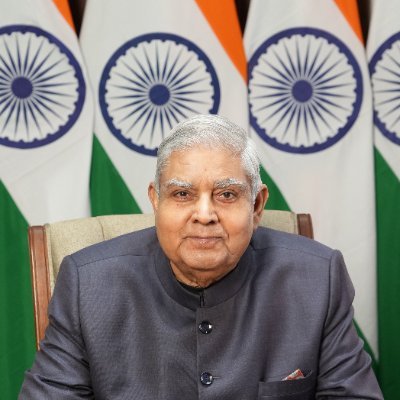 Dhankhar condemned the use of phrases like “symptomatic malaise” in response to violence against women, stating that such remarks minimize the seriousness of heinous crimes. He referenced the brutal murder of a female doctor in Kolkata as an example, urging society to confront such atrocities with accountability and compassion.
Dhankhar condemned the use of phrases like “symptomatic malaise” in response to violence against women, stating that such remarks minimize the seriousness of heinous crimes. He referenced the brutal murder of a female doctor in Kolkata as an example, urging society to confront such atrocities with accountability and compassion.
Praising the historic decision to reserve one-third of seats for women in the Lok Sabha and State Legislatures, the Vice-President described this as a landmark step toward empowering women. He noted that it would significantly enhance women’s participation in policymaking and governance.
Dhankhar also cautioned against glorifying individuals who gain prominence through event management, pointing out the dangers of elevating such figures to influential positions without considering their actual contributions to society.
Highlighting the shift from women’s development to women-led development, Dhankhar credited initiatives like “Beti Bachao, Beti Padhao” and the Mudra scheme for providing women with greater financial independence. He also commended the increasing role of women in sectors such as defense, space, and business, noting that the landscape for women’s participation has evolved considerably.
In his address, Dhankhar urged women to confront the challenges they face and “shatter the glass ceiling,” encouraging them to lead rather than follow. He emphasized that women are not mere passengers in their journey but are in control, with the power to drive change.
Drawing attention to India’s structured democracy, Dhankhar highlighted that over 1.4 million women are elected representatives in Panchayati Raj Institutions, showcasing the potential of grassroots democracy in empowering women.
Stressing the importance of education, the Vice-President underscored its role in breaking the chains of inequality, stating that educating women leads to transformative change not only for individuals but for entire families. He reiterated that education is the key to achieving true gender equality and creating opportunities for all.

